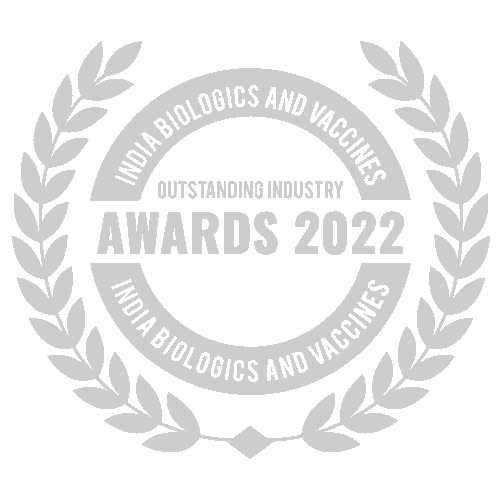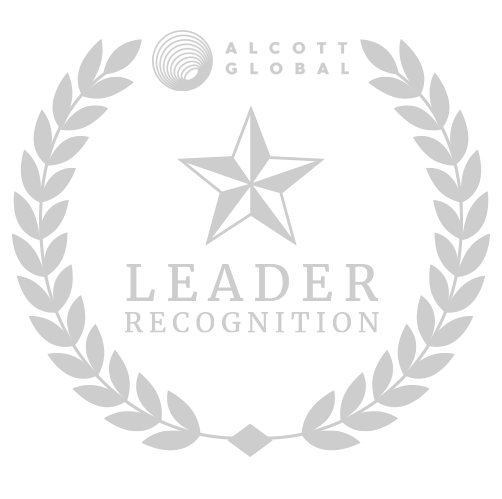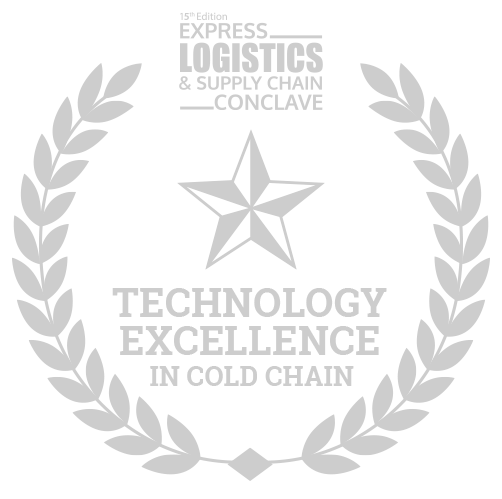Addressing Sustainability Challenges In The Pharmaceutical Supply Chain
The pharmaceutical industry has always played a very crucial role in our lives. It has heavily invested both money and time, providing easy access to life-saving medicines to those in need and improving global health conditions. Still, the pharmaceutical industry can encounter serious challenges which needs to be solved overtime. For example, in production and distribution processes alone, pharma products can have significant environmental, ethical, and social impacts. These effects can include the production of large amounts of waste, emissions, and ethical issues regarding raw material sourcing.
There is increasing pressure from multiple parties whether this be government, regulatory bodies, and clients in addition to a greater awareness of sustainability that is now having a strong focus on the pharma industry. A recent study found that the pharma industry’s
pollution emission intensity is almost 55% higher than that of car factories and the automation industry. That's why addressing sustainability challenges in the pharmaceutical supply chain is crucial as it will ensure that the industry is not only providing for the health of individuals but also develops a greater focus on the environment.
What Sustainability Challenges Does The Pharmaceutical Supply Chain Face?
The pharmaceutical supply chain involves the interlinking of many complex processes to function. It is one of the few significant manufacturing industries that must deal with all three sustainability pillars; governance, social issues, and environmental sustainability.
Sustainability challenges include environmental impacts such as energy use, greenhouse gas emissions, and water consumption. Further, ethical concerns around the sourcing and distribution of medicines and social impacts such as labor practices and human rights. Let's discuss these in detail -
1. Environmental Impacts Of Pharmaceutical Production And Transportation
Pharmaceutical manufacturing and shipping have a substantial impact on the environment. The production of pharmaceuticals requires substantial energy consumption, and the industry is one of the biggest emitters of greenhouse gases. Additionally, substantial amounts of water can be required for pharmaceutical production.
Due to the need for fuels, the transportation of drugs also has an impact on the environment. Air pollution can also be a result of the transportation of medications for air freight. PwC has examined the pharmaceutical industry's sustainability issues and suggests that concentration is needed on key environmental protection issues. These include high energy consumption, global supply chains, environmental impacts associated with the production of pharmaceutical products, and packaging waste.
2. Ethical Concerns Surrounding Pharmaceutical Sourcing And Distribution
The sourcing and distribution of medications can lead to ethical issues for the pharmaceutical industry, as they do for many other industries. In the past, concerns have risen about labour, pricing of pharmaceuticals and their accessibility in low-income nations.
3. Social Impacts Of Pharmaceutical Production And Distribution
Pharmaceutical manufacturing and distribution can have serious social consequences. Some considerations are labour standards and how some local populations could be affected by pharmaceutical manufacturing.
Strategies For Addressing Sustainability Challenges In The Pharmaceutical Supply Chain
Companies can use several methods to solve sustainability challenges in the pharmaceutical supply chain. These methods and strategies include:
- Sustainable sourcing practices
- Reduction of waste and energy use in pharmaceutical production and transportation
- Promotion of transparency and accountability in the supply chain
- Collaboration with stakeholders to promote sustainability
- Use of sustainable eco-friendly packaging materials
1. Sustainable Sourcing Practices
Another issue in the pharmaceutical supply chain is the sourcing of raw materials. To prevent contributing to deforestation, biodiversity loss, and environmental deterioration pharma companies should acquire raw materials ethically and sustainably. These social and ethical issues can be addressed by implementing ethical sourcing policies.
Working with vendors who follow ethical and sustainable sourcing guidelines, such as those set forth by the Roundtable on Sustainable Palm Oil (RSPO) and the Forest Stewardship Council (FSC), is one tactic. The sector can also form alliances with NGOs and other groups to advance ethical and sustainable sourcing methods. We at Adapt Ideations utilise and promote sustainable sourcing methods and sustainable practices across our operations.
In some cases, to ensure compliance, suppliers may also get periodically audited. Companies can prevent unethical practices in their supply chain, by enacting ethical sourcing rules.
2. Reduction Of Waste And Energy Use In Pharmaceutical Production And Transportation
Companies can reduce waste and energy use in pharmaceutical production and transportation by implementing energy-efficient technologies and reducing packaging waste. This can also include using renewable energy sources and optimising transportation routes to reduce emissions.
By adopting sustainable manufacturing practices, companies can reduce their environmental impact. Additionally, the industry can invest in renewable energy sources such as solar and wind power, improve energy efficiency in manufacturing facilities, and promote sustainable transportation practices such as electric vehicles.
Further, the industry can implement sustainable waste management practices, such as reducing waste at the source, segregating hazardous and non-hazardous waste, and implementing proper disposal methods. The industry can also explore alternative waste treatment methods where appropriate, which can generate renewable energy while reducing waste. All these practices will help the pharma sector to improve its efficiency and reduce costs.
3. Promotion Of Transparency And Accountability In The Supply Chain
Achieving sustainability goals within pharmaceutical industry supply chains requires collaboration and accountability among stakeholders, including manufacturers, suppliers, regulators, and consumers.
The industry can establish sustainability standards and certifications, such as the Pharmaceutical Supply Chain Initiative (PSCI) and the ISO 14001 environmental management standard, to promote sustainability practices and hold stakeholders accountable for their environmental and social impact.
4. Collaboration With Stakeholders To Promote Sustainability
Pharmaceutical companies can participate in industry-wide sustainability initiatives or partnerships, such as the Pharmaceutical Supply Chain Initiative or the Sustainable Pharma Supply Chain Initiative. Companies can also publish sustainability reports and engage with stakeholders to promote transparency and accountability.
5. Use Of Sustainable Eco-friendly Packaging Materials
Many pharmaceutical products come in packaging that is not recyclable or biodegradable, which can in turn contribute to waste and pollution. By using more sustainable packaging materials, such as biodegradable plastics or recycled materials companies can reduce their environmental impact and improve their sustainability.
Another strategy is to reduce the amount of packaging material used by redesigning packaging to be more efficient or by adopting minimalist packaging principles. Additionally, recycling and waste management practices can in some cases be improved to increase the percentage of packaging waste that is diverted from landfills.
An increasing trend that can be seen today is the use of reusable packaging for the transportation of pharma and more broadly cold chain products. In some cases, this is being furthered by the integration of an all-in-one solution between packaging and the use of
real-time track and trace solutions allowing for complete visibility to be developed.
To Summarise
The pharmaceutical industry has an important role to play in addressing sustainability issues. The industry can lower its carbon footprint and make a difference for the environment overall by implementing sustainable supply chain practices. For the challenges to be overcome and for a sustainable future to be created for future generations, collaboration across stakeholders is crucial. In many aspects creating, implementing and improving these practices are a long-term initiative that companies invest in.
Adapt Ideations works with the pharmaceutical industry as a collaborator and partner. We are achieving this through our reusable track and trace solutions to support the industry's monitoring processes and everyday asset management.
Our real-time solutions allow stakeholders to have instant alerts in their hands allowing proactive action to be taken when possible and for decisions to be backed by data.
Get in touch with us today at enquiries@adaptideations.com for further information on our solutions.
Share Our Post.
Awards & Recognition

Best Temperature Monitoring Solution Provider
Awarded by India Biologics & Vaccines Outstanding Industry Awards 2022

Adapt Ideations Recognised As A Supply Chain Leader
by Alcott Global on Supplify's Supply Chain Tech Map 2.0

Related Articles.













